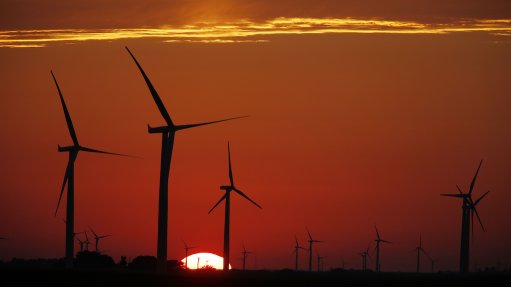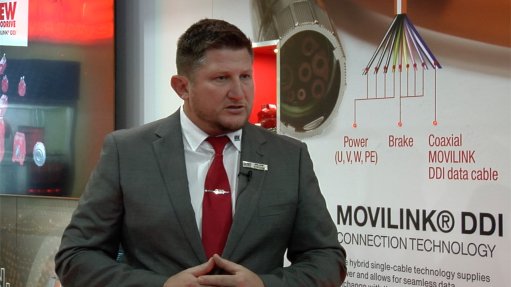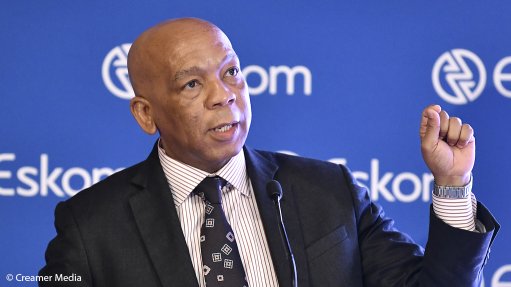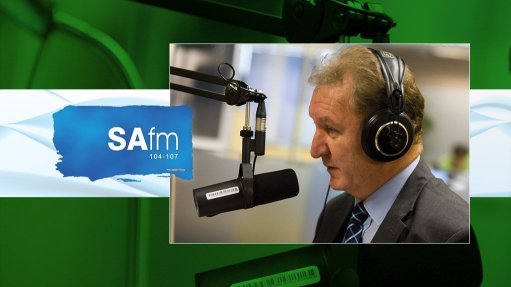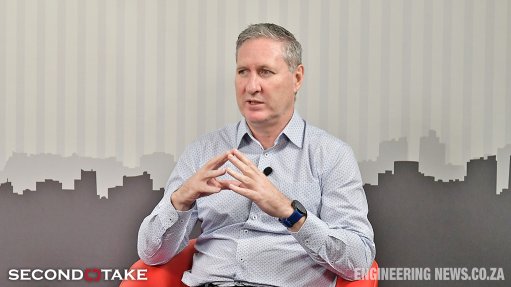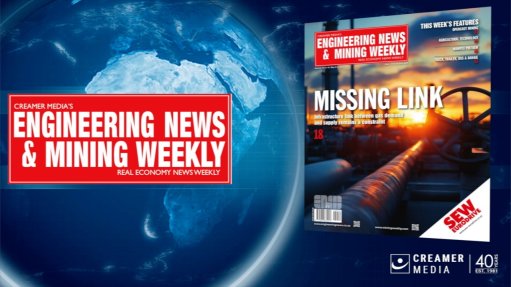Lifelong learning key to a low-carbon economy
Transforming education and training, and providing lifelong learning opportunities for individuals, is fundamental to achieving a just transition to a global low-carbon economy and is an urgent political imperative for the world's collective future, United Nations Educational, Scientific and Cultural Organisation (Unesco) Policies and Lifelong Learning Systems director Borhene Chakroun said this week.
United Nations (UN) secretary-general António Guterres, in a speech at the UN Transforming Education Summit, in September, emphasised the need to focus on transforming education for the greening of economies, Chakroun pointed out during a 'Skills for a Just Transition Indaba’ hosted by the Presidential Climate Commission, the Department of Higher Education and Training and the Energy and Water Sector Education Training Authority on December 7.
"For a just transition, we need to ensure we reskill and upskill people and that we place within these discussions the topic of lifelong learning," he said.
The design and production of goods and whole industries will be changed dramatically in scenarios where countries pursue ambitious goals to limit global warming to 1.5 °C above preindustrial levels or to develop circular economy systems, global workforce organisation the International Labour Organisation (ILO) skills and lifelong learning specialist Alice Vozza added.
"The matter of skills is important as a topic in the just transition because jobs in green economies will be redefined, substituted or transformed when compared with current jobs. This is relevant not only for the energy transition, but also for other aspects such as recycling, integrating value chains into circular economies and pursuing energy efficiency," she said.
Facilitating a shift in skills through training and education will require a complex set of policy measures, including massive investment in reskilling. Private sector and active labour market policies are required to generate positive transformation for different sectors, she highlighted.
"Discussions also need to take into account the cycles of and speed at which education and training curricula are updated to meet skills demands. Curriculum development takes time, but the private sector needs to integrate into the changing economy rapidly. Interim measures must be taken so that we can bridge this gap and anticipate the skills that will be needed," said Vozza.
Further, retraining needs are distributed across various employment levels, but are most concentrated in the mid-skill level occupations.
"This is where the greatest need in terms of upskilling and reskilling is, and these reskilling requirements overlap with digitalisation and digital transformation, which affects not only high-technology industries, but cuts across all industries.
"Digital transformation is not only about advanced technologies. The bulk of reskilling for a just transition and digital transformation is required at the intermediate level, and this area also presents the highest job creation potential but requires a review of training programmes to ensure that such initiatives are more responsive to demand from the private sector," she said.
In terms of a just transition, it is important to look at skills demand, noted Chakroun.
"A just climate transition includes a diverse set of transitions, such as those related to climate change, technologies, education and industries, and the transitions are related to the types of economies we are aiming to build.
"Unesco, as part of the Transforming Education Summit, proposed a green education flagship programme and partnership that looks at technical, vocational and workplace learning as part of green education," he said.
One of this proposed initiative's core pillars is that countries must develop the capability and capacity to identify and anticipate skills requirements, and subsequently ensure they are delivering the right skills at the right time.
"Employers, unions and youth need to be accepted as the core actors in greening economies and solving the climate challenges," he said.
Further, one-third of UN member States insisted that they want to improve their resilience to future shocks. Resilience is an important aspect and part of the transition, and requires the building of capabilities, Chakroun highlighted.
The point of the global narrative on transforming education for a just transition in 2022 is that the green transition and associated changes in skills are not only a single point in time, he added.
"We need lifelong learning and need to invest in early childhood development to ensure individuals can thrive by engaging with learning so that they can find jobs as they are created," Chakroun stated.
Comments
Press Office
Announcements
What's On
Subscribe to improve your user experience...
Option 1 (equivalent of R125 a month):
Receive a weekly copy of Creamer Media's Engineering News & Mining Weekly magazine
(print copy for those in South Africa and e-magazine for those outside of South Africa)
Receive daily email newsletters
Access to full search results
Access archive of magazine back copies
Access to Projects in Progress
Access to ONE Research Report of your choice in PDF format
Option 2 (equivalent of R375 a month):
All benefits from Option 1
PLUS
Access to Creamer Media's Research Channel Africa for ALL Research Reports, in PDF format, on various industrial and mining sectors
including Electricity; Water; Energy Transition; Hydrogen; Roads, Rail and Ports; Coal; Gold; Platinum; Battery Metals; etc.
Already a subscriber?
Forgotten your password?
Receive weekly copy of Creamer Media's Engineering News & Mining Weekly magazine (print copy for those in South Africa and e-magazine for those outside of South Africa)
➕
Recieve daily email newsletters
➕
Access to full search results
➕
Access archive of magazine back copies
➕
Access to Projects in Progress
➕
Access to ONE Research Report of your choice in PDF format
RESEARCH CHANNEL AFRICA
R4500 (equivalent of R375 a month)
SUBSCRIBEAll benefits from Option 1
➕
Access to Creamer Media's Research Channel Africa for ALL Research Reports on various industrial and mining sectors, in PDF format, including on:
Electricity
➕
Water
➕
Energy Transition
➕
Hydrogen
➕
Roads, Rail and Ports
➕
Coal
➕
Gold
➕
Platinum
➕
Battery Metals
➕
etc.
Receive all benefits from Option 1 or Option 2 delivered to numerous people at your company
➕
Multiple User names and Passwords for simultaneous log-ins
➕
Intranet integration access to all in your organisation






